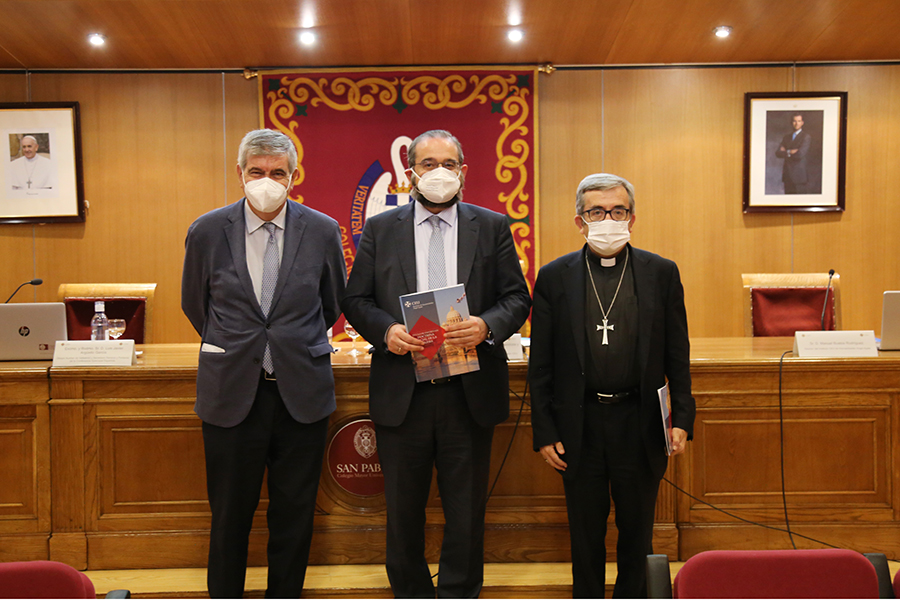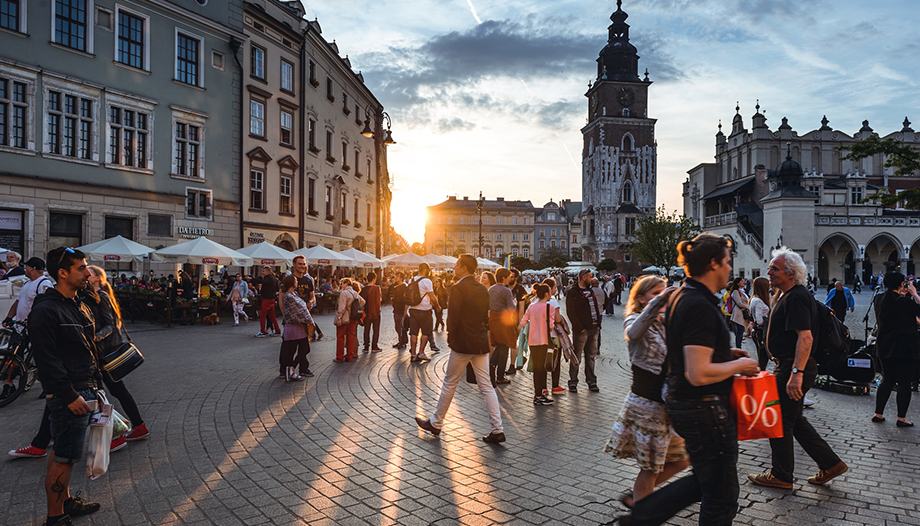The CEU Angel Ayala Institute of Humanities offers, starting next year, the Expert Degree in Social Doctrine of the Church, which can be taken in classroom or blended learning and will last nine months. This project aims to train teachers and researchers in the Social Doctrine of the Church in order to transform social reality.
Manuel Bustos RodríguezThe director of the CEU Institute of Humanities, Ángel Ayala, spoke with Omnes about this academic initiative and the need for in-depth knowledge of this area of Catholic doctrine in order to respond to the questions posed by today's society.
There is currently an open debate about the presence of Christians in the intellectual world and, therefore, in cultural, social and political life... in this sense, there are those who point out that there is a silencing imposed on Catholics in the public arena. Is it only a silencing or has there been a laxity, to a greater or lesser extent, on the part of Catholics in their formation and, therefore, in their ability to respond to today's society?
-Actually, it's a bit of both: Spanish politics and European politics in general is increasingly hindering the public expression of Catholics. There is a certain fear of expressing their points of view in public. But it is also true that, sheltered by a socially and culturally influential Church, at least in our country for decades, or imbued with the worldly spirit, we have not prepared ourselves well for what is coming.
Do you think that truly convinced and convincing Catholics come out of Catholic educational institutions, colleges or universities?
-Unfortunately, I believe that this is not the case. Neither the students nor their families in general live in accordance with the faith they say they profess or should profess.
Many Catholics are unaware of the basic principles of the Social Doctrine of the Church, and there are even those who, approaching it from a purely political perspective, may be scandalized. How can we avoid this gap between the life of faith and social life?
-Well, by getting to know it better and in greater depth. There are not many institutions where this is done. We intend, modestly, to break this limitation.
Along these lines, are these types of initiatives for specific people who work or are dedicated to very specific areas such as education or politics? Can and should all Catholics be clear about the principles of the DSI in today's life?
Although our degree has a university and postgraduate character, given the nature of our institution, the DSI is for everyone, including believers of other religions and non-believers: it is a corpus of thought on the most varied topics, the thought of the Catholic Church, over a century and a half approximately.
Nowadays we see laws, initiatives and attitudes completely contrary to the dignity of life, of the person... etc. It is a reality that is there, but how can we make up for lost ground in a multicultural society?
-Personal and institutional commitment to the task is necessary. Initiatives contrary to the Christian proposal do not cease to appear, shaping a mentality that is harmful to the human being himself. Along with this, we Christians must be more coordinated and united. And, of course, much prayer. Times are not easy.

The title of DSI expert
The Diploma of Expert in the Social Doctrine of the Church will consist of two monthly meetings that will take place on Friday afternoons and alternate Saturday mornings and students will be able to attend in person or blended learning from October to June.
A combination of lectures and seminars will enable participants to acquire skills for analysis, argumentation, social dialogue and responsible participation in public life.
The program consists of different modules on topics such as theology, anthropology and history, sources and methodologies of the DSI, as well as other specific topics such as bioethics and integral ecology; family; law, political and international community; economy and culture.





 Ethics in the company: a serious, clear and profitable spiritual accompaniment
Ethics in the company: a serious, clear and profitable spiritual accompaniment





